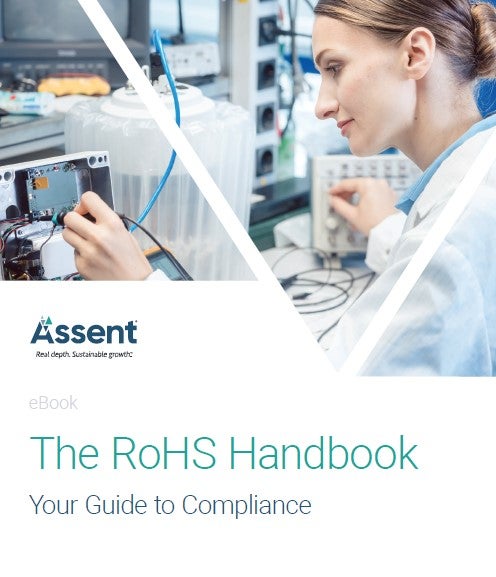An Oeko-Institut study of nine exemption extension requests under the EU Restriction of Hazardous Substances (RoHS) Directive may bring significant changes to the RoHS compliance landscape. The resulting Pack 22 recommendations primarily focus on the use of lead in the manufacture of in-scope products. The exemptions received extensions of either three or five years, or a timeline for phase-out. Additionally, the report recommended, wherever appropriate, removal of by-category expiry dates and simplification with a cross-category deadline.
Study Findings
The current review considered 16 requests pertaining to nine specific exemptions. These were:
- Annex III, 6(a): Lead as an alloying element in steel for machining purposes and in galvanized steel containing up to 0.35 percent lead by weight.
- Annex III, 6(a)-I: Lead as an alloying element in steel for machining purposes containing up to 0.35 percent lead by weight and in batch hot dip galvanized steel components containing up to 0.2 percent lead by weight.
- Annex III, 6(b): Lead as an alloying element in aluminium containing up to 0.4 percent lead by weight.
- Annex III, 6(b)-I: Lead as an alloying element in aluminium containing up to 0.4 percent lead by weight, provided it stems from lead-bearing aluminum scrap recycling.
- Annex III, 6(b)-II: Lead as an alloying element in aluminum for machining purposes with a lead content up to 0.4 percent by weight.
- Annex III, 6(c): Copper alloy containing up to 4 percent lead by weight.
- Annex III, 7(a): Lead in high melting temperature type solders (i.e. lead-based alloys containing 85 percent by weight or more lead).
- Annex III, 7(c)-I: Electrical and electronic components containing lead in a glass or ceramic other than dielectric ceramic in capacitors, e.g. piezoelectric devices, or in a glass or ceramic matrix compound.
- Annex III, 7(c)-II: Lead in dielectric ceramic in capacitors for a rated voltage of 125 V AC or 250 V DC or higher.

Proactive RoHS Compliance Insights: The RoHS Handbook
Complying with RoHS requires a deep understanding of your supply chain, and the parts in your electrical and electronic equipment. The RoHS Handbook helps you get proactive about:
- Managing exemptions for restricted substances you rely on
- Demonstrating compliance across the EU
- Protecting your bottom line from product recalls and lost market access









